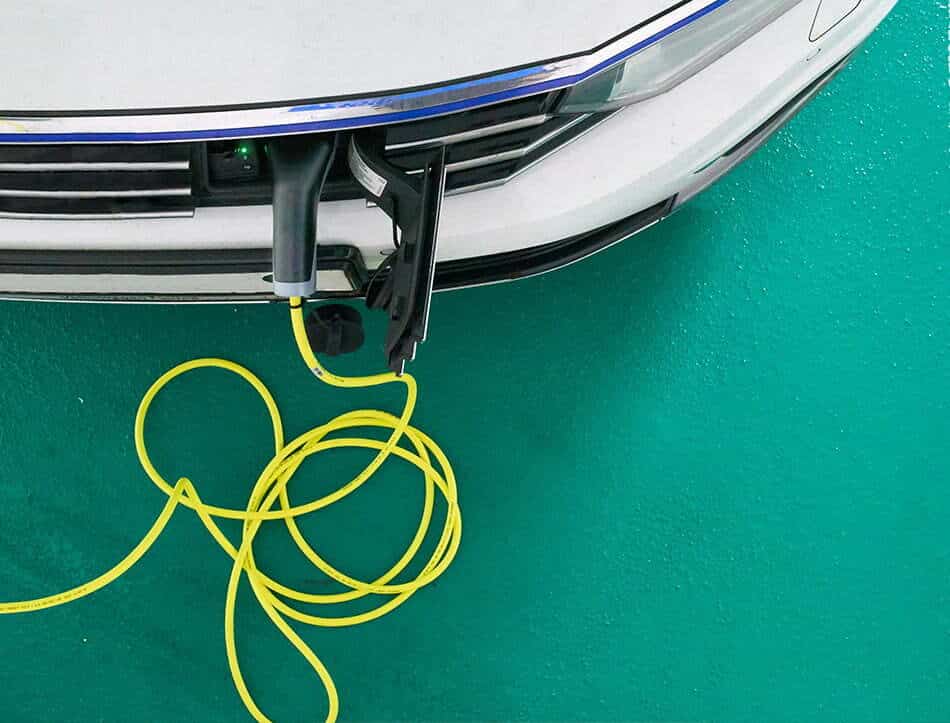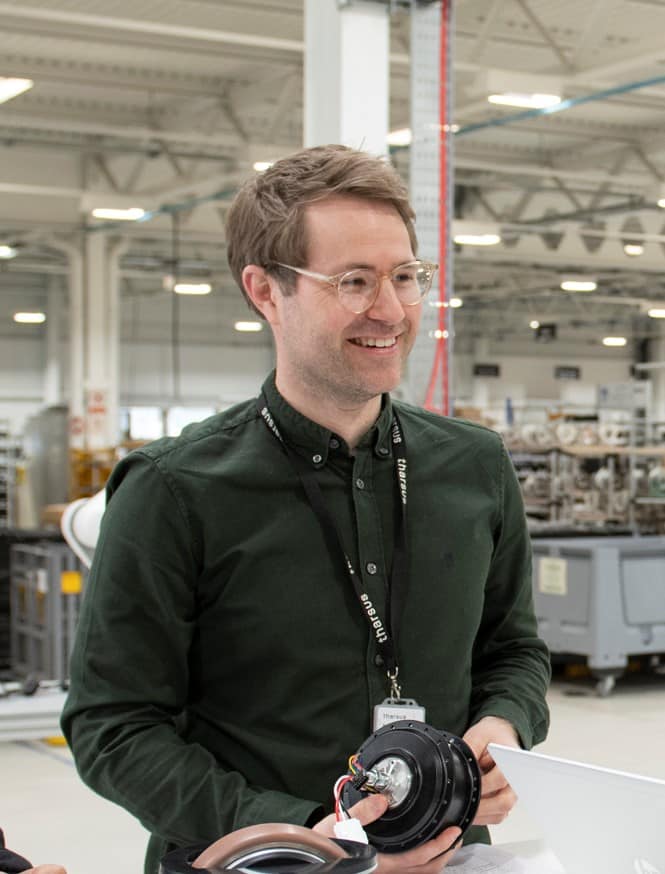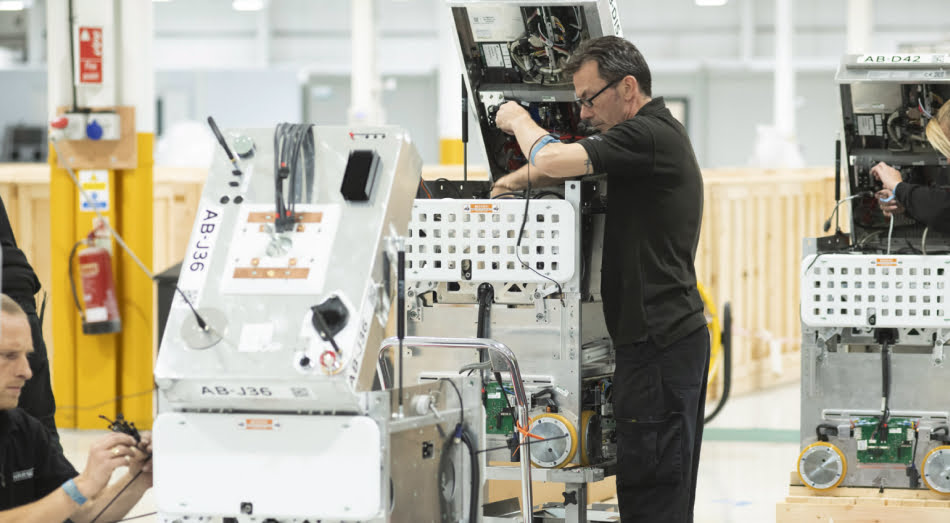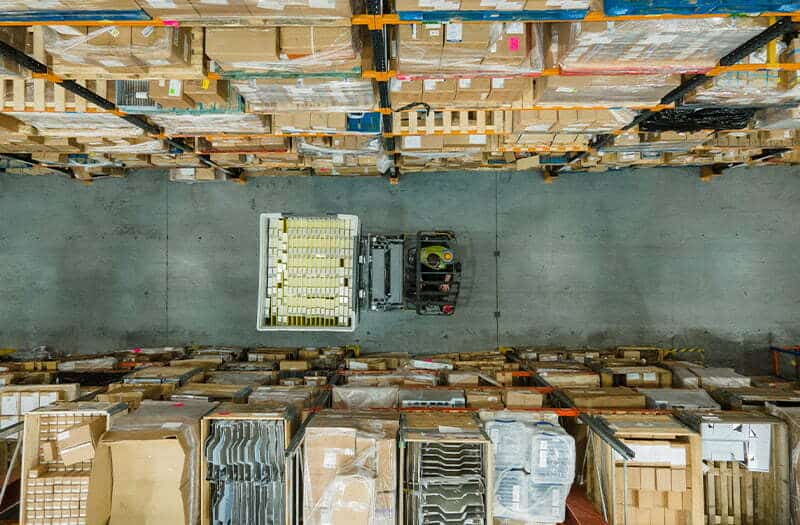
EV charging where’s the power coming from?
Scaling sharply to feed a rapidly growing market brings development headaches and manufacturing pitfalls. But where’s the power coming from, asks Tharsus’ Kern Boyd as we look forward to next week’s EV Charging Summit.
EV Charging Stand-Off
Historically, the dominant issue in this sector has been what’s called the “stand- off.” That’s to say the contrarian stance of the EV charging community vs the EV manufacturing industry. Where the scale-up of one is vital to support the scale-up of the other. And paradoxically, vice versa. As both look to Central and Local Government to provide the answer to their conundrum, these Government bodies find themselves in the same situation.
Notwithstanding, a sharp scale up is on its way. Arguably one of the sharpest any industry sector has seen in living memory. Sometime soon too. And it’s this which is causing the industry to pause and reflect, think wider and consider innovative solutions to solve fundamental issues.
There are two. First, the durability and reliability of the new tech which will need to be deployed to support the market. And second, the electricity itself.
The EV Charging Revolution
The first is a question around quality of manufacture, which in early-stage products is always a gamble, as traditional contract manufacturers rarely have the expertise needed to deliver it effectively. The second is thorny. Put simply, will there be enough electricity available to charge all these vehicles?
Let’s take the analogy of population growth here in the UK. As things stand, keeping ourselves fed is a stretch. So, if we suddenly accelerated population growth by a factor of ten in a short time frame, what would happen then? And that’s exactly what the EV market is going to do. The assertion given to date that the grid will simply “cope with the demand when the time comes” seems hard to reconcile against the dire warnings we’re getting of power cuts to come throughout this winter.
Sure, we’ve become conditioned to exponential infrastructural change of late as everything from the world wide web to rollout of superfast broadband have come onstream. But have we encountered anything quite so extreme as the EV revolution before?
Off-Grid EV Charging
This is where the off-grid charging proposition becomes interesting. Both because it isn’t directly reliant on the electricity grid (as the name suggests) and also because it comes free of the onerous infrastructural and legal hurdles which on-grid solutions must overcome before they can be deployed. What’s more it can be deployed as easily in rural areas as urban ones. UK broadband rollout taught us that this is an extremely important consideration.
EV Charging and Battery Technology
Off-grid charging introduces the whole Energy Storage Solution (ESS) dimension too, which while increasingly prominent in the renewable energy sector, is little explored in the EV charging world as yet. This is surely set to change. There are some very interesting businesses making inroads, including Israel-based company ZOOZ which uses a flywheel kinetic generation route to power their fast-charging solution. And our own customer, US-based FreeWire Technologies to whom we’re delivering manufacturing support as they scale their product into the European market for their own customer, BP Pulse .
Collaboration is at the Heart of EV Charging Success
FreeWire is using advanced battery technology to draw, store and supply charge via their unique Boost-Charger solution. The FreeWire units dispense charge from an integrated 160 kWh lithium-ion battery pack, rather than the grid directly. Meaning dramatically reduced installation cost, in weeks not months or years, 5x faster speed of deployment and compatibility with ubiquitous existing infrastructure, as units can be used in rural areas where access to such high-voltage power is low.
To loop back to the problems we surfaced at the start of this piece, the solution can only come from collaboration. Collaboration across the whole value chain from Central and Local Government, to utilities providers, Charge Point OEMs, Charge Point Operators and the whole host of stakeholders emerging as the eco system enlarges in line with the pace of development.
Sharing problems, learnings and data is at the heart of true collaboration. And true collaboration-as we’ve seen ourselves while creating sector disruptive products-has the power to unlock solutions to the steepest of challenges.
EV Summit, Oxford
With this in mind, we welcome the forum next week’s EV Summit provides for the entire industry value chain to convene and begin the important conversations which will cement this collaboration and look forward to seeing you there.

Kern Boyd is Project Principal at Tharsus and sector lead on Electrification.


